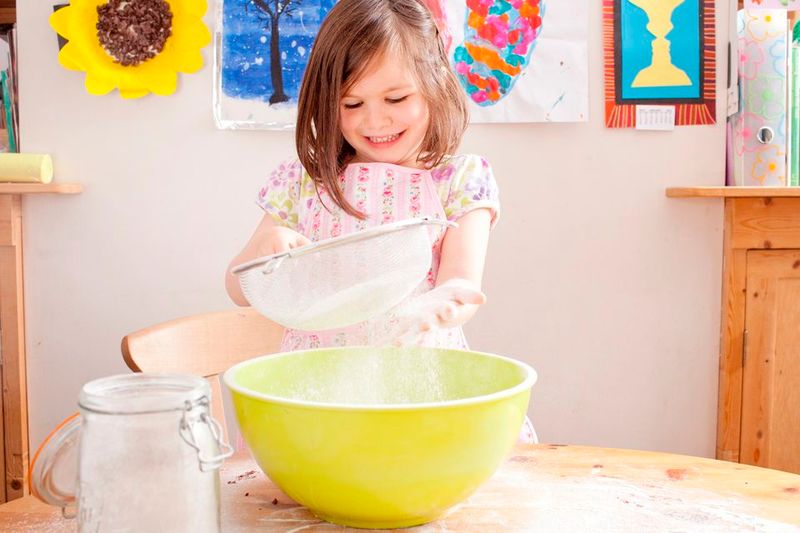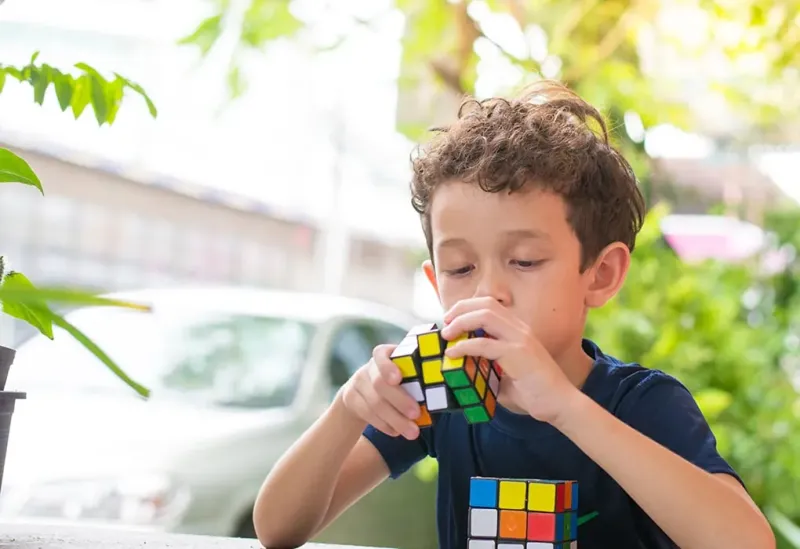Parenting is a journey filled with challenges and joys, all aimed at nurturing well-rounded individuals. One key goal that parents often strive for is raising resilient adults who can tackle life’s ups and downs with grace and strength. Resilience doesn’t just happen overnight; it is built through thoughtful and intentional parenting approaches that focus on emotional, social, and mental growth.
In this post, we’ll explore eight unique and effective parenting techniques that contribute to developing resilience in children, preparing them for the complexities of adulthood. Each approach is designed to foster independence, confidence, and the ability to bounce back from setbacks. Whether you’re a new parent or looking to refine your parenting style, these insights will provide valuable guidance.
1. Encouraging Independence

Independence is a cornerstone of resilience. Allowing children to make decisions for themselves, even small ones, fosters a sense of responsibility. A child who learns to tie their own shoes or choose their clothes gains confidence in their abilities.
This self-assurance grows with age, enabling them to tackle more significant challenges with ease. Encouraging independent thinking and problem-solving from a young age prepares them for the complexities of adulthood.
2. Promoting Emotional Intelligence

Understanding and managing emotions is vital for resilience. Teaching children to recognize and express their feelings in healthy ways builds emotional intelligence.
When children learn to articulate emotions like anger, sadness, or joy, they develop empathy and social skills. This awareness helps them navigate relationships and challenges with peers, teachers, and family. Emotional intelligence acts as a buffer during stressful situations.
3. Fostering Problem-Solving Skills

Problem-solving is a critical life skill. Encouraging children to find solutions to their problems enhances resilience. Whether it’s figuring out how to build a model from scratch or resolving a conflict with a friend, these experiences teach adaptability.
Problem-solving fosters creativity and innovation, allowing children to approach life’s challenges with a can-do attitude. It’s a skill that remains valuable throughout life.
4. Instilling a Growth Mindset

A growth mindset transforms challenges into opportunities. Teaching children that effort leads to improvement encourages them to embrace failures as learning experiences.
This mindset fosters perseverance and resilience, as children understand that skills can be developed through dedication and hard work. Celebrating progress, not just success, reinforces this mentality. It’s a powerful tool in building resilient adults.
5. Encouraging Social Connections

Social bonds are crucial for resilience. Encouraging children to build friendships and connect with others provides emotional support. These relationships offer different perspectives and teach collaboration.
Through social interactions, children learn empathy and communication skills, essential for managing life’s complexities. A strong social network acts as a safety net during challenging times, fostering a resilient spirit.
6. Modeling Resilience

Children learn by example. Demonstrating resilience in everyday situations teaches children how to manage stress and adversity. When parents model calmness and problem-solving during difficult times, children absorb these behaviors.
This practical lesson in resilience is invaluable, as it provides a blueprint for their reactions to future challenges. Observing resilience in action equips children with the tools they need to navigate life’s hurdles.
7. Cultivating Gratitude

Gratitude fosters a positive outlook. Encouraging children to express gratitude helps them appreciate what they have, even in challenging times. This practice shifts focus from what’s lacking to what’s present, fostering a resilient mindset.
Gratitude enhances emotional well-being and strengthens relationships, providing a buffer against stress. Sharing gratitude regularly instills a sense of contentment and resilience in children.

Well, hello there!
My name is Jennifer. Besides being an orthodontist, I am a mother to 3 playful boys. In this motherhood journey, I can say I will never know everything. That’s why I always strive to read a lot, and that’s why I started writing about all the smithereens I came across so that you can have everything in one place! Enjoy and stay positive; you’ve got this!

